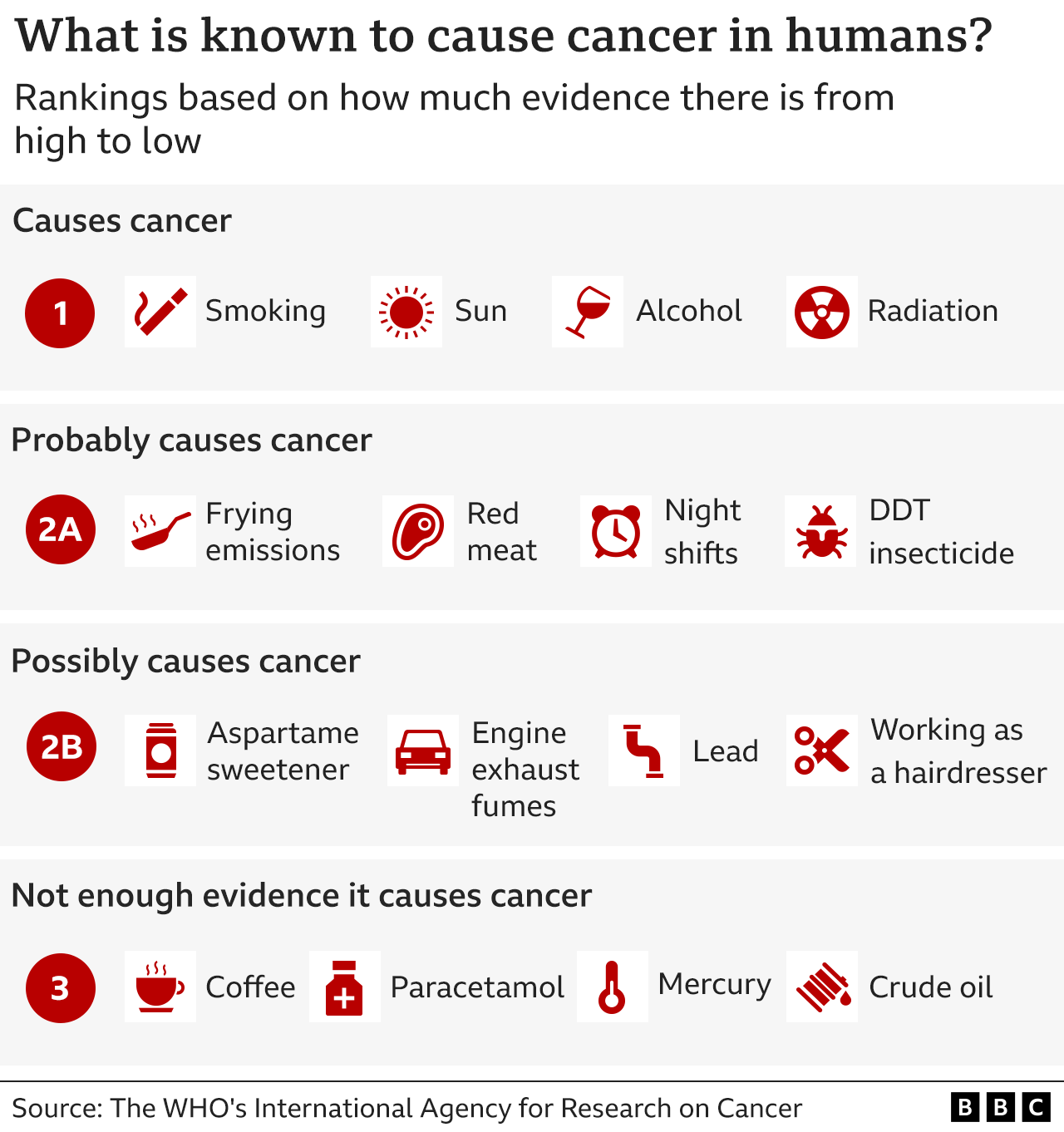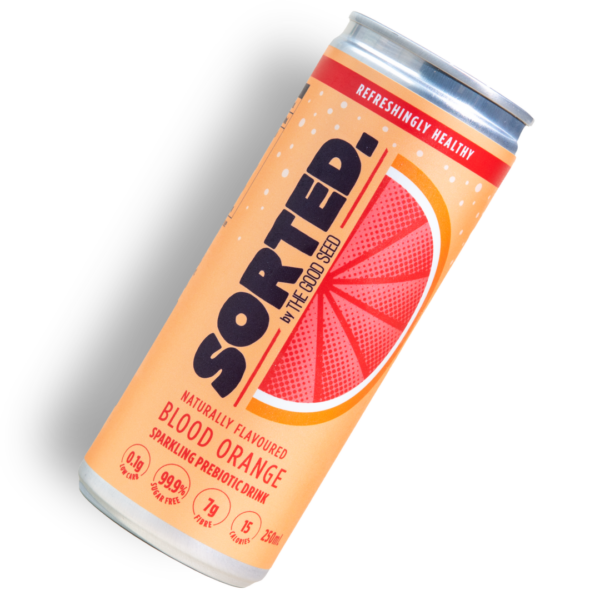It’s the secret agent of sweetness that’s been hiding in plain sight in your Diet Soft Drinks and Sugar-Free Gummies.
Now, if you’re thinking, “Aspartame? Isn’t that the stuff that’s been in the news lately?” then give yourself a pat on the back. You’re absolutely right! Aspartame has been making headlines, sparking debates, and causing more drama than a season finale of a reality TV show.
Scientists have been squaring off in the ring over aspartame, throwing punches in the form of research papers. Some say it’s safe, others raise their eyebrows and point to potential health concerns. It’s a scientific soap opera, and we’re all waiting to see who’ll deliver the knockout blow.
So, let’s dive in to explore the facts to figure out whether aspartame’s bad or good for you.
What Exactly is Aspartame?
Aspartame is a low-calorie sweetener that is approximately 200 times sweeter than sugar. It provides 4 Calories per gram, similar to sugar. But because of its intense sweetness, very little aspartame is needed to sweeten foods, adding practically no calories to them.
Aspartame is used in a variety of foods and beverages, including sparkling soft drinks, desserts, sweets, chewing gum, yogurt, and table-top sweeteners. It is used to replace sugar for the production of ‘energy-reduced’ food or food with ‘no added sugar’ (source: EUFIC).
Aspartame is produced by joining together two amino acids – aspartic acid and phenylalanine – with a methyl ester bond. Now, if that sentence made your eyes glaze over, don’t worry. Just think of it like this: two amino acids walk into a bar. They meet a charming methyl ester, hit it off, and decide to stick together. Voila! You’ve got aspartame.
“But wait,” you might say, “amino acids? Those sound natural!” And you’d be right. Aspartic acid and phenylalanine are indeed found in nature. They’re in many of the foods we eat, from meat and fish to dairy and grains. But the process of getting them to join forces and become aspartame? That’s all thanks to science. So, is aspartame natural? Well, it’s a bit like Frankenstein’s monster: made from natural parts, but brought to life in a lab. But don’t let that scare you off. Remember, many things we enjoy are man-made – like movies, roller coasters, and those little umbrellas in tropical drinks.
How do I Spot it in My Food or Drinks?
What you’re about to put into your mouth may be sugar-free. But if it tastes sweet, chances are it’s aspartame (or another such sweetener).
Aspartame can be identified on product labels by its name or by its E-number, E-951. It’s also known as Additive 951.
Products containing aspartame should also state that it is a source of phenylalanine, which is important information for people with a rare inherited genetic disorder called phenylketonuria (PKU) who need to control their intake of this amino acid (source: EUFIC).
But Does it Cause Cancer?
Just when you thought it was safe to crack open a can of your favourite diet soda, the World Health Organization (WHO) has thrown a spanner into the works.
In a move that has caused more gasps than a spilled can of soft drink, the WHO’s International Agency for Research on Cancer (IARC) has recently classified aspartame as a “possible human carcinogen”. Now, before you spit out your diet drink, let’s break down what that actually means.
In the world of science, “possible” is a bit like that friend who always says they might come to your party. It’s not a yes, it’s not a no, it’s a maybe. And in this case, it’s a maybe based on some evidence from lab animals and a smidgen of data from human studies.
So, while the IARC is giving aspartame the side-eye, they’re not ready to kick it to the curb just yet. They’re saying it’s a bit like that dodgy character in a mystery novel – it might not be the villain, but it’s worth keeping an eye on.
In the meantime, the WHO is urging us not to panic. They’re reminding us that the risk is considered low and is based on levels of aspartame consumption that would make even a diet soda addict blush. So, while it’s always a good idea to enjoy everything in moderation, there’s no need to declare a state of emergency in the soft drink aisle just yet (source: UN News, The Guardian).
What’s the Daily Safe Usage Limit for Aspartame?
The current Acceptable Daily Intake (ADI) of aspartame is 40 milligrams per kilogram of body weight per day.
This means that an adult weighing 70kg could consume up to 2800 milligrams of aspartame per day.
Considering that a can of diet soft drink typically contains about 180 milligrams of aspartame, a 70kg adult could consume approximately 15 cans of diet soda per day without exceeding the ADI (source: EUFIC). Yeah, that’s a LOT of soft drinks cans for the day.
So, Is It Good or Bad for Me?
Hmmm … it’s not a straight-up yes or no answer. It depends on how much you care about your body. Is your body really a temple? Pour over these facts we collected from our research:
Aspartame and Weight Loss
Now, you might think that aspartame, being a low-calorie sweetener, would be the perfect sidekick in your weight loss journey. But, like a reality TV show, the truth is a bit more complicated.
According to Healthline, there have been claims linking aspartame to weight gain, sweet cravings, and increased appetite and food intake. It’s like aspartame is that friend who keeps tempting you with late-night pizza when you’re trying to stick to your salad diet (source: Healthline).
However, before you start blaming aspartame for those extra kilos, it’s important to note that these claims come with varying levels of scientific certainty. Some research suggests that aspartame could contribute to these conditions, while others report no negative outcomes linked with aspartame intake.
In fact, a 2019 study commissioned by the World Health Organization found no significant differences in body weight between groups who ingested non-nutritive sweeteners (including aspartame) and those who didn’t.
So, does aspartame help or hinder weight loss? The answer, my friends, is a resounding “maybe”.
Aspartame’s Effect on Gut Health
In a thrilling sequel to previous studies, researchers have now tested artificial sweeteners, including our friend aspartame, in humans.
And guess what? They found that these sweeteners might indeed be throwing a house party in your gut without your permission, potentially impacting glucose tolerance, which is how well your body moves sugar from your blood into your muscles and fat.
This could potentially lead to weight gain and diabetes (source: The Scientist).
Aspartame’s Side-effects
- Phenylketonuria (PKU): This one’s a biggie. People with PKU, a rare genetic disease, should avoid aspartame like a cat avoids water. Why? Because they can’t properly process phenylalanine, one of the ingredients in aspartame. This can lead to a dangerous build-up of phenylalanine in the body, potentially causing brain damage. It’s like having a party guest who refuses to leave and starts wrecking the place.
- Tardive Dyskinesia (TD): People taking certain schizophrenia medications should also give aspartame a wide berth. The phenylalanine in aspartame may trigger the uncontrolled muscle movements associated with TD. It’s like having a dance-off with aspartame, and aspartame is calling all the moves.
- Liver Disease and Pregnancy Complications: People with advanced liver disease or pregnant people with high levels of phenylalanine in their blood might also have problems with aspartame. It’s like trying to drive a car with a flat tire – it’s not going to end well.
- Headaches, Seizures, and More: Aspartame has been linked to a laundry list of potential side effects, including cancer, seizures, headaches, allergies, skin problems, depression, ADHD, dizziness, weight gain, sweet cravings, increased appetite and food intake, altered gut bacteria, type 2 diabetes, heart disease, high blood pressure, chronic kidney disease, behavioural and cognitive effects, poor blood glucose control, birth defects, preterm delivery, lupus, Alzheimer’s disease, and multiple sclerosis (MS). But, like a game of Clue, the evidence is mixed and the mystery is far from solved.
Conclusion
In the grand scheme of things, aspartame is like that mysterious guest at a party – intriguing, a bit controversial, and leaving everyone with a different impression.
It’s a low-calorie sweetener that’s found in many of our favourite diet drinks and sugar-free treats. While it’s been given the amber light by the world’s top health organization W.H.O, it’s also been under the microscope for potential health concerns.
Some studies suggest it might have an impact on gut health, while others hint at a possible link to weight gain. And let’s not forget the potential side effects, which range from headaches to more serious conditions, though these are not experienced by everyone.
Like any good mystery, the aspartame story is still unfolding. So, until the final chapter is written, it might be wise to perhaps look at other, safer and natural sweeteners, like Thaumatin. After all, isn’t prevention better than cure?









